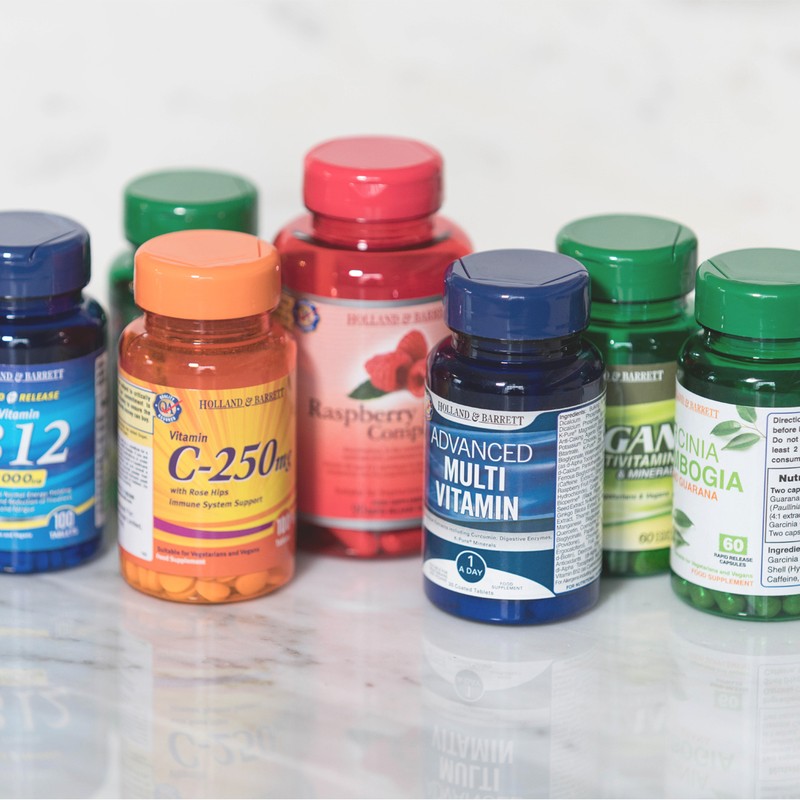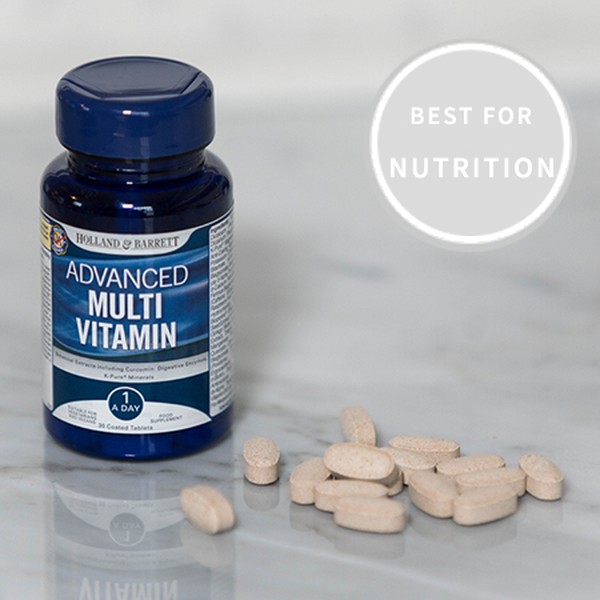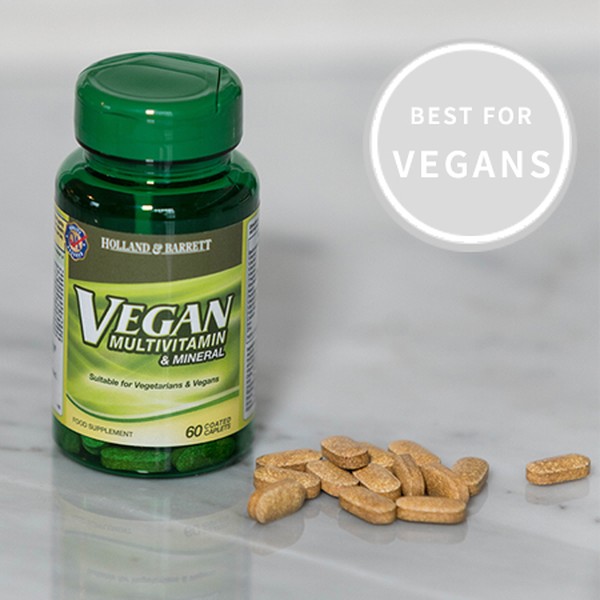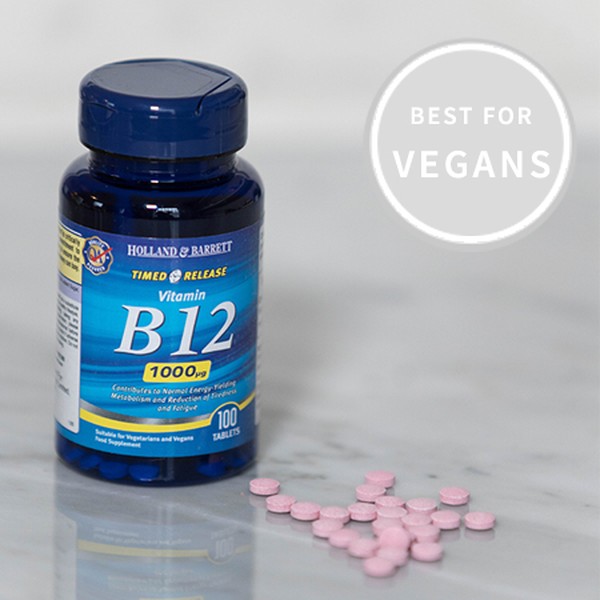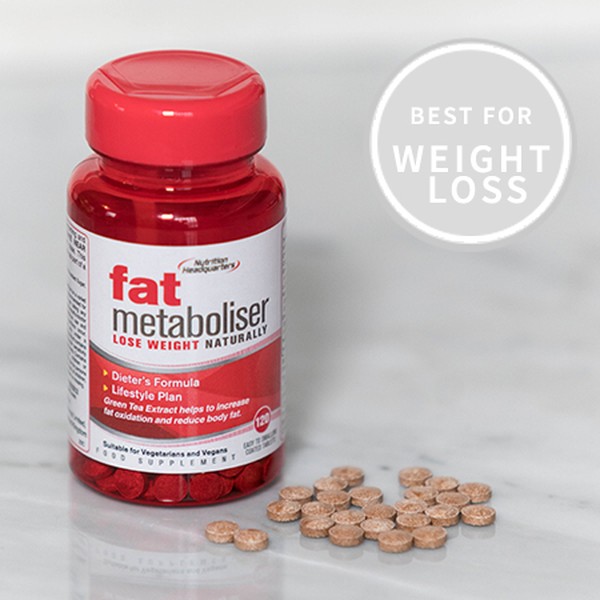The Truth About Supplements, According To A Top Nutritionist
CREATED IN PARTNERSHIP WITH HOLLAND & BARRETT
We called on Holland & Barrett Nutritionist Amy Tolofari to help break down the power of these pills and explain exactly how and when we should be using them.
Let’s start with the question on everyone’s lips: Do we really need to be taking supplements?
So, that’s very much dependant on the individual! Some supplements are recommended by the NHS for the UK population as a whole, such Vitamin D, during the Winter months. Where other supplements are concerned, whether you need to be taking them or not will be determined by lifestyle factors, medical factors – we’d never recommend a customer a supplement they didn’t need to take. However, should a customer have for example, had a blood test which has confirmed their levels of a certain vitamin or mineral are low, that’s when our qualified associates and nutritionists will advise, based on the information they’re given. Lots of people get what they need Vits & Minerals wise, from a healthy, balanced diet - however, not always! Those giving a vegan diet a go for example, will need to supplement with Vitamin B12 - as whilst a plant-based diet is healthy, this particular vitamin is naturally found in animal derived foods. The easiest way to find out what you need is to pop and see your GP!
How do they work exactly?
As the name suggests, they aim to ‘supplement’ your diet with nutrients that could be missing. They all work differently and there are hundreds of types to choose from, from vitamins and minerals right through to pollen, green tea and gingko biloba. They should only ever be used to ‘add to’ an already healthy diet and to improve any underlying issues such as aches, tiredness, bone health, anaemia… the list goes on.
Are the latest formulas better than previous ones?
I’d say it’s less that they’re better and more that science is always advancing, which means new supplements are coming out, allowing us to cater for more customers than ever before. For example, the new liquid and chewable formulas are great for those who find it hard to swallow tablets but still need their intake. Try looking out for ones with naturally derived ingredients too, and if you’re still unsure what’s best, have a chat with your local Holland & Barrett advisor – they’ll be able to tell you quickly what means what.
Is it true the more expensive the supplement the better?
Not necessarily. Quite often the price is dependent on the competitive nature of different brands. If there is a considerable difference in price, it may be due to the product being a higher dose than a cheaper product. At Holland & Barrett, we ensure that customers have a wide range of own label and branded products to choose from, meaning they should hopefully always be able to find the supplement at they need at a cost that’s right for them.
How can you tell if a supplement is good quality?
A good quality supplement will have bioavailable forms of certain nutrients within it – meaning said nutrients will be more readily absorbed into your system. Keep a look out for this word on the label, as it’s a great indicator of quality! Also, be sure to check the seal is intact before you buy…moisture and heat can adversely affect some supplements, leading to a reduction in the benefits you’ll feel.
What’s the one supplement most people will need to invest in at some stage?
Generally, everyone is advised to supplement with Vitamin D in the winter months (September – April) in the UK as we have limited sunlight. The amount you’ll need to take differs from person to person, so if in doubt, always ask a qualified health professional.
Why can’t supplements replace certain foods?
Because you may miss out on vital food components such as fibre and phytonutrients that are benefiting your health. Eating a variety of whole foods is still the golden rule when it comes to your health. This will naturally provide you with the balance of nutrients your body needs, which results in each one being able to perform its function.
At what age should we start taking them?
Supplements can be taken from any age depending on the requirement. For example, Vitamin D is recommended from birth but as you get older you may wish to add in vitamins such as Ginkgo Biloba to help with cognitive function.
Are there any risks in taking supplements?
Yes. Just like prescribed medications, some supplements are formulated for a specific demographic of customer – for example, pregnant women perhaps, or children. Therefore, the formula will have specific dosage levels. There are also risks of toxicity when taking fat-soluble Vitamins, A, D, E, and K, which are stored in the body for long periods of time unlike water-based ones. All of the supplements we sell at Holland & Barrett come with recommended daily intake instructions, however, if in doubt, you can find out how much your body needs by have a quick chat with your local health professional.
What should vegans think about taking and why?
It’s possible for vegans to have a healthy balanced diet, but the lack of dairy and sources of protein can make it a little difficult to hit nutrition requirements. In this case the one supplement I’d recommend to those trying veganism is Vitamin B12 as very low B12 intake can cause anaemia and damage to the nervous system. It’s also a water-soluble vitamin, so there are no risks of it lingering in your body.
How can I be a smart supplement shopper?
To make life easier I recommend choosing an 'all-in-one’ option, like a multi-vitamin. Or try taking a triple strength product in a liquid/spray format so you’re not having to remember countless tablets. Keep an eye out for good deals that come around too. At Holland & Barrett we have a penny sale which can save you serious pounds.
Once you start on supplements, do you have to take them indefinitely to see results?
This varies and often people get prescribed supplements for a short time until symptoms subside, for example, during times of stress. But others may be required more long-term, for anti-inflammatory relief or for arthritis – again, it’s very much a case by case basis. It’s worth reviewing what you’re taking every couple of months and as things change in your life.
Are there supplements that can help bad skin?
Absolutely. Omega-3 fatty acids help to nourish the skin’s barrier function with skin-friendly nutrients that soften, plump and keep complexions healthy. They also work to prevent premature ageing by buffering the effects of UV damage. Vegans can try a plant-based algae alternative. Suffer with dry skin? Vitamin E is great for the hydrating effects it gives.
What time should I be taking my supplements in the day?
All supplements will have different instructions so give them a good read as they will be required at different times of the day. Find out what works best for you and if you can, take them in the morning first thing and set yourself a reminder. That way you’ll never forget.
Why are magnesium supplements important?
Magnesium is needed for over 300 different biochemical reactions in the body, so if you wanted to incorporate one into your diet, it is a great all-rounder. Not only does it help turn the food we eat into energy, it also contributes to healthy bones and teeth and reduces feelings of severe tiredness. You can try it in spray or supplement form, but it’s worth considering, especially during stressful periods.
What supplements help with cold and flu?
Vitamin C helps reduce the duration and severity of colds, while other nutrients that can help strengthen the immune system include Zinc, Omega-3 and Magnesium. If you wish to try a herbal remedy, Echinacea is a great option.
Are there any safe ones to try during pregnancy?
Pregnant women need to take a folic acid supplement. It’s so important as it can help prevent birth defects known as neural tube defects. It also helps promote healthy spinal growth in the baby. If you didn't take folic acid before you conceived, you should start as soon as you find out that you are pregnant. Please also note if you are pregnant do not take any supplements containing Vitamin A (retinol), as too much could harm your baby.
Read on to see which supplements are best for what and shop the range below...
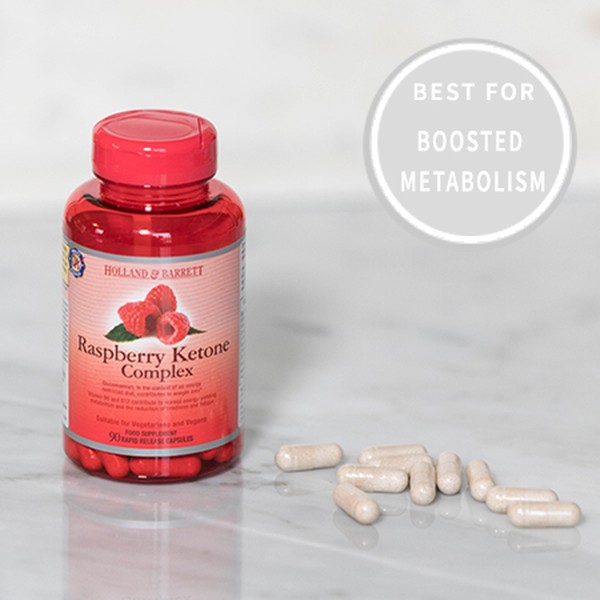
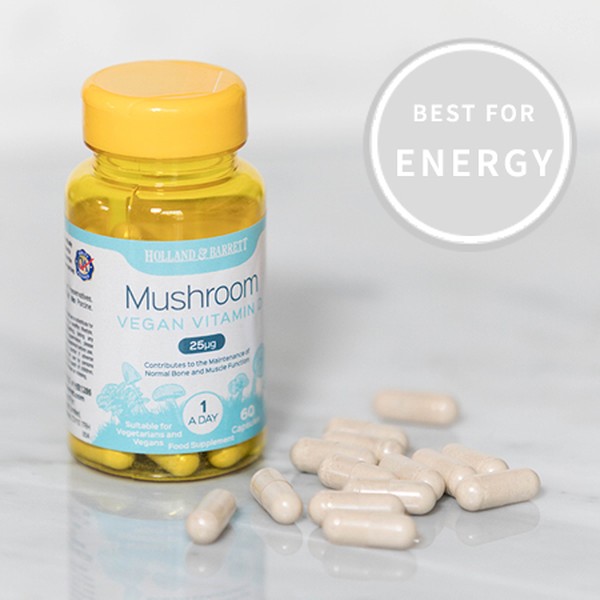
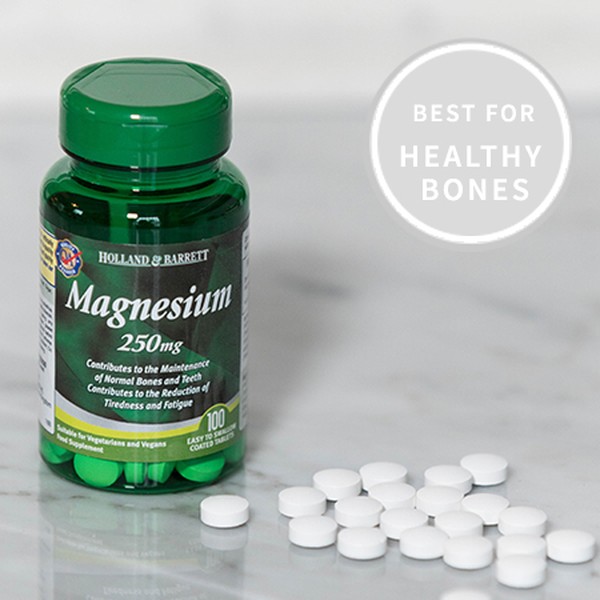
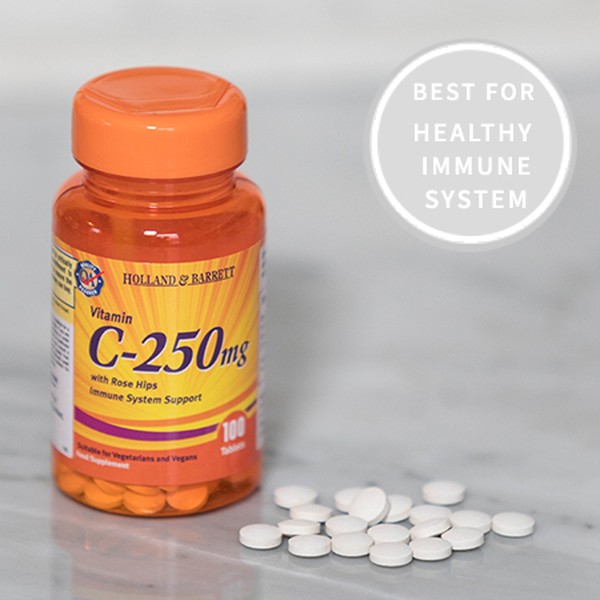
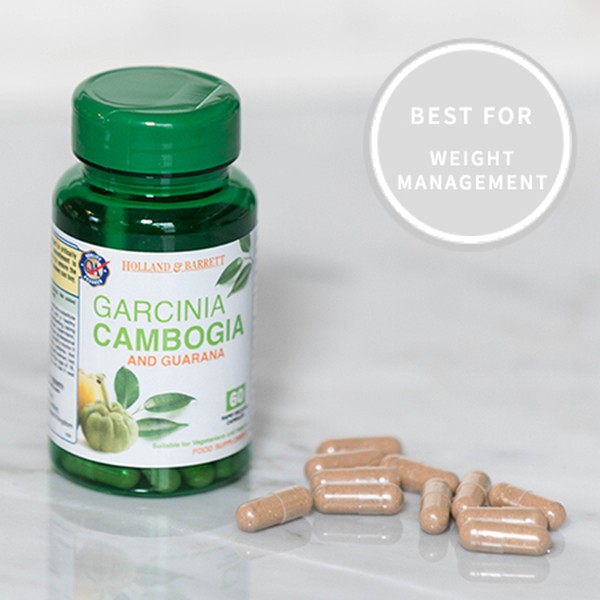
Visit HollandAndBarrett.com
DISCLAIMER: We endeavour to always credit the correct original source of every image we use. If you think a credit may be incorrect, please contact us at info@sheerluxe.com.
